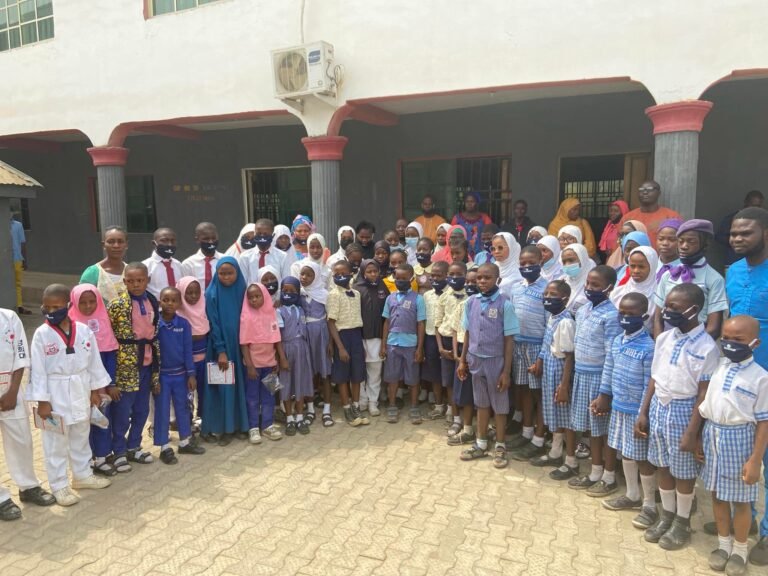– Rashid
Be there for someone going through mental health melt down.
Do the following:
- Assure the person that it is safe to talk about their emotions in a healthy way.
- Validate and appreciate the person for sharing their emotions.
- All you need to is practice active listening, don’t judge.
- Do no try to solve the problem, just listen, offer emotional and psychological safety and support by collaborating with them
- Remind and show them that you care.
- All you need to do is to given enough time and space to talk. Do not interrupt, but validate emotions and collaborate.
- Refer them for additional care if needed.
The data bear that 20-30% of Nigerians have some sorts of mental health challenges. Also, 60 million Nigeria are at risk of developing depression annually. Additionally, episodic depression is common 30%. Data also bears increased disability across all spheres health dysfunctions in Nigeria. Unfortunately, only 3% of Nigerians are covered by the national health insurance policy mostly by those in the formal occupational sectors, leaving 92% of the population uncovered. Also, only 3% of the national budget is allocated to mental health.
Unfortunately, in many parts of Nigeria mental health symptoms are perceived and treated as demonic attacks and taboos, which increases stigma, government under funding, victimization and human rights abuse of people struggling with mental health issues.
Distorted thinking and distorted view of self and of the world are outcome of neglected and untreated mental health problems due to damaged neural pathways as a result of to exposure to traumatic stress that has been normalized overtime, resulting in a slew of negative maladaptive behavior becomes alternative coping mechanisms.
The intra and interpersonal disruptions can result in family and community systems disruptions. Dysfunctional family and codependency may develop and normalized. Forms of relational trauma accounts for significant family disruption that puts children in harms way.
Cases of street children/children living in the streets and children in social welfare systems have been traced to the impacts of relational trauma and disruption of the family and community systems. Additionally, the false sense of reality associated with cognitive distortions due to self limiting damaging belief occurring as a result of the impacts of psychological trauma are precursor of early onset of depression, anxiety, mood disorders, schizophrenia, bipolar disorder, personality disorders and suicidality across age.
For children, self esteem, eating disorders, identity crisis and issues related to self confidence and competence can occur. Psychological trauma victims are predisposed to major mental illnesses often resorts to self-medication and substance use and other forms of drug abuse. Unfortunately, the distorted views have been normalized and in some cases formalized has been a contributing factor for lack of access, underutilization of available services, perpetuated resistance to change, and continuing stigmatization and demonization of mental health and lack of care.
Fortunately, the causes of mental health issues are preventable, while some can be managed through psychotherapy, psychoeducation, pharmacology and medication management, support group. WE ARE HERE TO HELP!
Our Mission
Our Vision

Get Involved
Explore Our Programmes
Discover how you can contribute to our community through our diverse range of initiatives.


